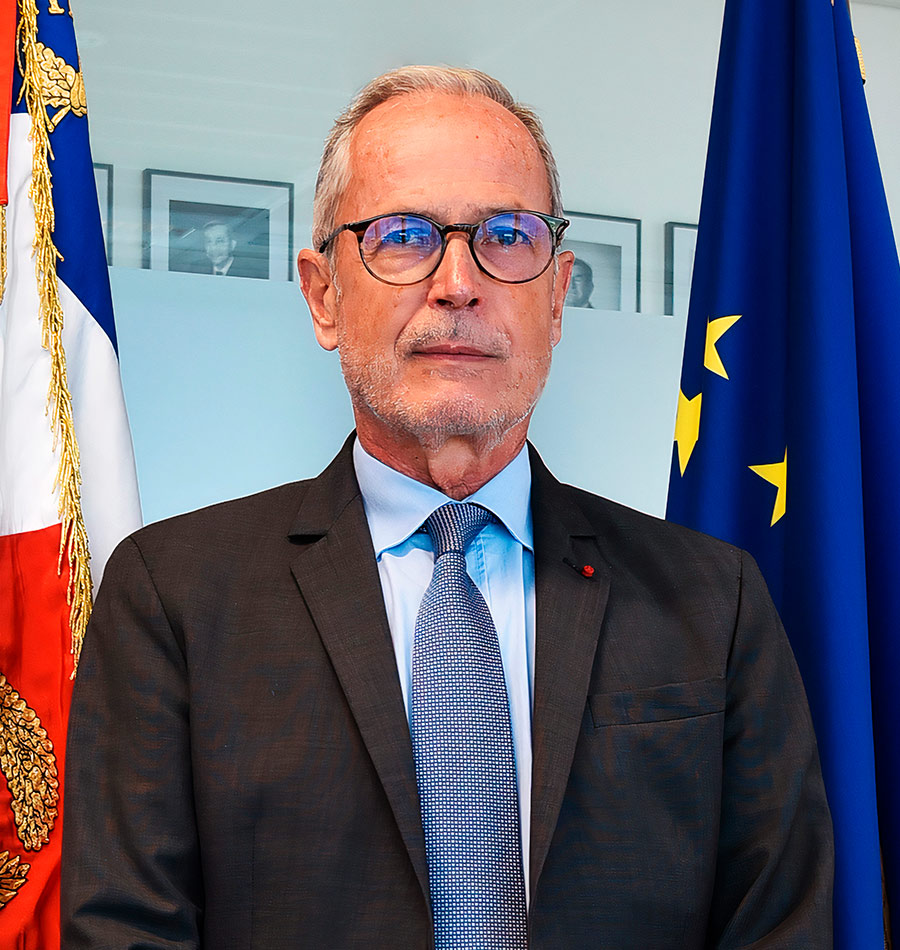The model of deprivation of liberty in Latin America has been going through a deep crisis for decades, and penitentiaries have shown their endemic weakness to fulfill the purposes of punishment.
Preventive detention and imprisonment as punishment are the main measures and sanctions used against people accused or convicted in criminal proceedings. This has led to the excessive use of custodial sentences that portrays the penitentiary systems of the region, and it has consequences which involve the violation of the human rights of prisoners, and the inability to respond adequately to the need for social reintegration.
Prisons are areas of violence and corruption, where the systematic violation of human rights prevails, characterised by overcrowding, which constitutes one of the main violations of the rights of people deprived of their liberty, and of the prison staff.
Within the United Nations System, UNODC is well placed to help the Member States in coping with the global prison crisis, especially by supporting prison reform initiatives always in line with human rights.
UNODC not only promotes the application of international standards and rules when it comes to crime prevention and criminal justice, but it also acts as a “Ministry” for intergovernmental processes initiated to write or to revise those standards.
In addition to international standards concerning the care of people deprived of their liberty and administration of prisons (such as the Nelson Mandela Rules and the Bangkok Rules), UNODC has a series of Handbooks on Criminal Justice and other relevant publications related to prison reforms, such as HIV / AIDS prevention and care and treatment of people deprived of their liberty (including groups in special situations of vulnerability).
Considering the different factors contributing to the prison crisis, UNODC focuses mainly on the three following strategic objectives: reducing the use of imprisonment, improving conditions of detention and, finally, supporting social reintegration programs for people deprived of their liberty after their release.
The focus of the strategy is to facilitate the design and implementation of criminal reform programs in Latin America, generating tangible results. The objective is to support the states that request so; to rationalise imprisonment; to improve their implementation and to contribute to the reduction of recidivism especially by supporting social reintegration programs. All these strategies have a special focus on female offenders that were deprived of their liberty.
To achieve a successful criminal reform, one must go beyond prison administration and management and, because of that, national counterparts are not limited to prison administrators, but they also include lawmakers, policymakers, Police, prosecutors, legal counsel providers and members of the judicial power.
It is of the utmost importance for our Office that the penitentiary reform should not be considered isolated from a comprehensive reform of the criminal justice system. Transformations in penitentiary systems must be designed within the framework of a comprehensive reform of the criminal justice system, intervening not only in the Penitentiary System but also in all components of the penal system.
For UNODC, the correct approach to the problem of the penitentiary system involves the design and implementation of a comprehensive public policy in criminal matters, which transcends government administration and is adopted as a State policy.
//

Piera Barzanó // Since February 2015, she has been the Chief Interregional Adviser in the Justice Section of the United Nations Office on Drugs and Crime (UNODC) dealing with crime prevention and criminal justice, with particular attention to penal and prison reform. She prevalently follows African and Latin American countries.



Maria Noel Rodríguez // Since 2010, she has been the Coordinator of the Penitentiary Reform Team of the UNODC Regional Office for Central America and the Caribbean, in Panama. Holding a university degree in Law and Social Sciences with a postgraduate degree in Criminal Execution and Penitentiary Law, she has been working as project coordinator, consultant and counselor in prison matters for more than 15 years.


